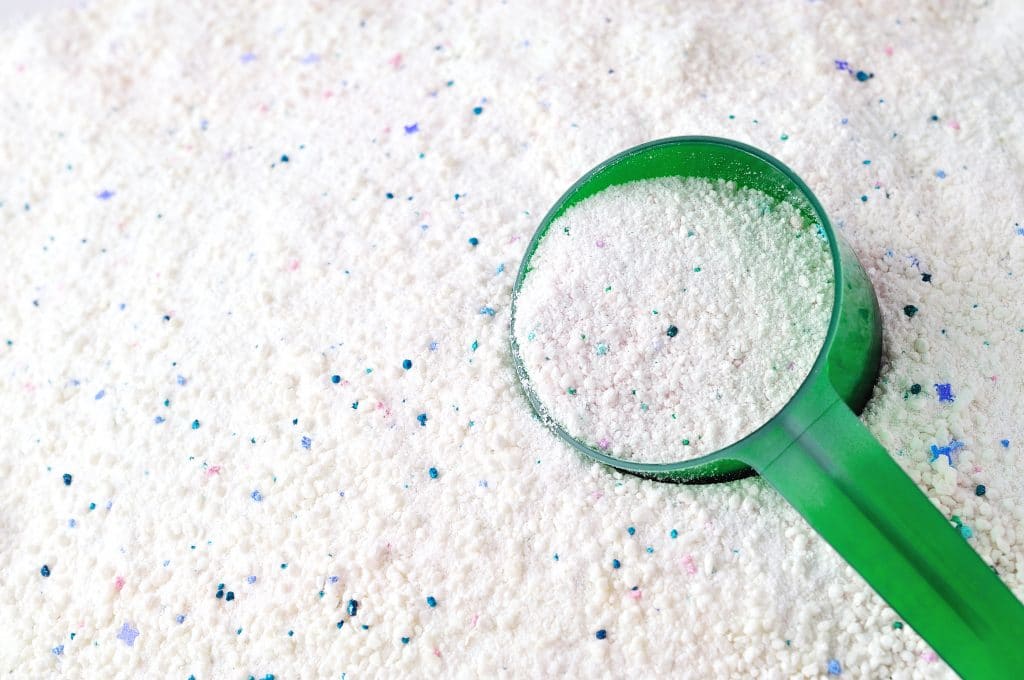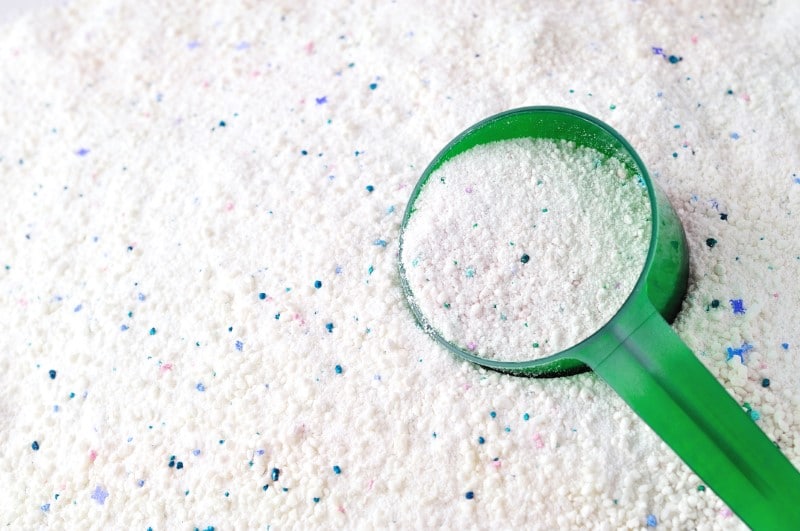
It is definitely a great ease for the modern household to have a washing machine and dryer to help accomplish the laundry chore. Imagine if the entire load of dirty clothes would be hand-washed, including the bath towels and the bed sheets, how will you be able to do anything else? One question comes to mind and that is, do laundry soaps and detergents harm cesspools and septic systems? Laundry soap and detergents are specially formulated to aid in efficiently removing dirt and stains from your everyday clothes.
Given that you have to do laundry almost every day, the question becomes, would soaps and laundry detergents harm your cesspool? Many of these products are already modified to be multi-purpose so as to enable the homemaker to save money by not buying separate products to accomplish the job of washing laundry. Most of the laundry detergents are “enriched” with other chemicals that target the common laundry issues at the same time.
At normal usage levels, laundry soaps and detergents do not harm the cesspool with their concentration and volume. This is because the laundry detergents and soaps become very dilute by the time they reach the cesspool. With this, they do not harm the bacterial population when they are dumped at very small quantities or at very low concentrations. But when the environment impact is brought into the picture, it is a whole different story. The anti-bacterial additives, sodium, surfactants, and phosphates present in detergents reach the groundwater the possibility of environmental issues such as eutrophication can be a factor and should be considered.
There are times when you have to add bleach as you wash your laundry. The amount really depends on the amount of clothes you have to wash and the toughness of the stains that you have to eliminate. Bleach is a chemical that doesn’t harm the cesspool, provided that it is in normal amounts only. In very large amounts, the bleach will definitely cause a problem in the cesspool. So if you have to use excessive amounts of bleach, use sodium percarbonate or oxygen bleach as an alternative.
Sodium percarbonate is an active ingredient in newly released laundry detergents. It is nitrogen-and phosphorous-free so it would be considered a safe laundry detergent for cesspools, septic tank and for the surrounding environment as well. When you use it, it releases sodium carbonate and hydrogen peroxide when it dissolves in water helping to break down tough soil and stain.
In regular laundry detergents, sodium is usually present. This reacts with the soil and clay that surrounds the cesspool especially when it is used excessively. The sodium, soil and clay bind together and form blockages. When the surrounding soil clogs, the wastewater will back up into the house or flood the cesspool creating cesspool backups and soft areas in your yard. So you really have to watch your usage of laundry detergents because when it comes to your cesspool, anything in excess can be bad.
To prevent the potential failure of a cesspool, drywells or grey water system can be installed for the laundry wastewater to collect in. This way, the cesspool is safe from any potential chemical or foreign body that would harm the entire flow of the system. Installing a grey water system has to be discussed with a septic professional or your local sewer inspector so that the system is compliant with all local building codes.
When it comes to maintaining a cesspool, every decision you make can be vital. It can be a make or break deal when choosing laundry detergents or soaps. You can never tell what your favorite brand of laundry detergent can do to your cesspool system, sometimes, more harm than good. Read the product label before using laundry products. It is best that you update your detergents and soaps with the latest “septic safe” products. Never just stick to your old anti bacterial, sodium product until you run out, if your current soap or laundry detergents harm the cesspool, the results can be devastating the home owner costing thousands to repair the system.
